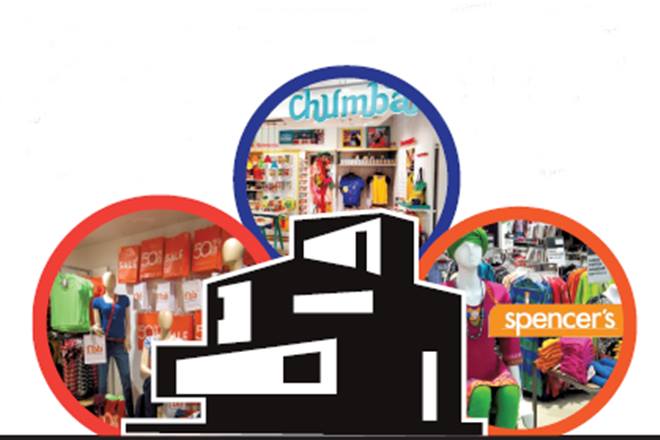
With an eye on margins amid stiff competition, retailers are slowly moving towards fashion products over home accessories, music and books. For instance, Kolkata-based retail chain Spencer’s Retail is the latest to have launched its private label apparel brand, 2Bme, this month. Another brand, Chumbak, which earlier specialised in home and kitchen accessories has now dedicated nearly half of its selection to apparel and footwear. Crossword Bookstores, traditionally one of the largest bookstore chains in the country has now started selling apparel, tailored for people under 16 years of age.
According to a sector analyst, margins in the food and grocery category are below 20% whereas the same in branded apparel is around 40% on average.
Shashwat Goenka, sector head of Spencer’s Retail, said, “Adding apparel to our offering has made our range more cohesive. And of course it helps profitability, which can be anywhere upwards of 35% at the minimum whereas margins for food and groceries are around 18% and 19%. So it makes a lot of strategic and financial sense.”
Goenka said that depending on the response, the company may even debut as a standalone format.
Such a step has already been tested by its rival, the Future Group-owned Big Bazaar, which spun off its fashion business into the FBB brand, now prominent in some of the most well-performing malls. Industry watchers said FBB, launched a year and two months ago, has most definitely played a major part in building brand image for the company.
You May Also Want To Watch:
[jwplayer 9IB0MF9x-DE6UeepY]
Similarly, Fabindia, which has been a domestic, ethnic brand since the 1960s, launched its western offering, Fable, three years ago to be relevant to shoppers who now have access to a host of international brands and easily migrate in and out of other shopping websites and offline stores.
Goenka said Spencer’s already occupies prime mall locations, which will be suitable for its clothing range as well. But not all companies have the scale of Spencer’s and in some cases, introducing a more profitable vertical is the ticket they require for a sweeter spot in a well-located mall. According to one mall owner, who runs a mall in Mumbai’s northern suburbs along with a foreign private equity (PE) fund, Chumbak could negotiate a bigger space owing to its foray into apparel. “Clothes pull crowds so it provides more confidence to test whether it works for the mall,” this person added. On average, more than 60% of mall space is now dedicated to apparel and footwear, three mall development companies concurred.
Crossword, which used to sell books, music and stationery items, is now selling superhero-branded clothes as well. “People don’t buy music anymore. Children and young adults are the main target of the store, the same people who are interested in superhero merchandise, so it has been a very good fit for the store,” said Anupam T, vice-president at Oberoi Mall, which is home to Crossword Bookstores. At a time online shopping has driven out most bookstore chains out of business, Crossword has survived, he pointed out.
Despite the trend shifting in favour of apparel, accessories and footwear, some experts expressed scepticism towards the ultimate success of the strategy. “There is of course appeal in the beginning because clothes have an immediate positive impact on footfalls but I doubt it can be sustainable because not every company will be able to sell apparel,” said Mukesh Kumar, vice-president at Infiniti Mall in Mumbai. It will be more difficult for those companies that are moving away from their core strength to sell clothes and shoes, Kumar opined. One has to have both the knowledge and wherewithal to keep pace with consumer behaviour, which is dynamic when it comes to fashion. For instance, people don’t shop seasonally anymore, so the stock churn is extremely important, Goenka pointed out. Spencer’s is changing 35% of its stock every three weeks, he added.

